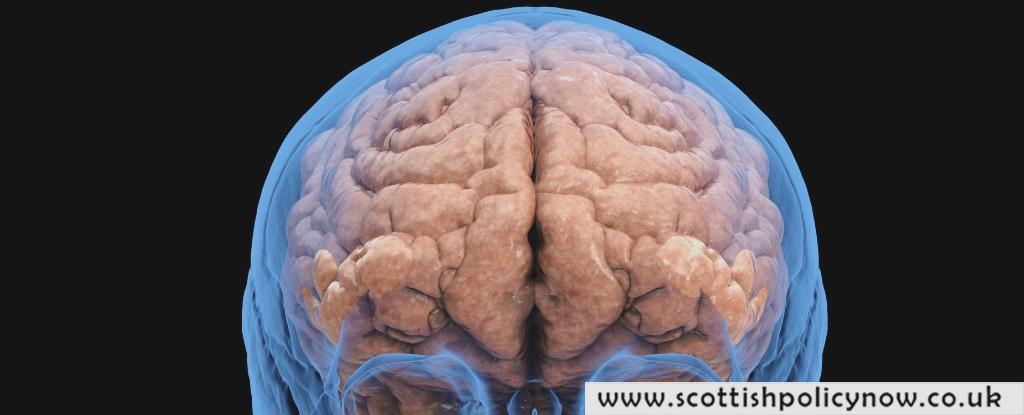Scientists have uncovered a reward pathway in the brain that is disrupted by addictive drugs like cocaine and morphine, leading to a decreased interest in life-sustaining needs like food and water. This groundbreaking discovery could help explain why drug addiction can override our natural drives for sustenance and potentially guide new treatment approaches.
Researchers from Rockefeller University and the Icahn School of Medicine at Mount Sinai conducted a study using mouse models to explore the effects of drugs on the brain’s reward circuits, which are typically activated by basic needs like hunger and thirst.
“We’ve known for decades that natural rewards, like food, and drugs can activate the same brain region,” says Rockefeller University neuroscientist Jeffrey Friedman. “But what we’ve just learned is that they impact neural activity in strikingly different ways. Addictive drugs have pathologic effects on these neural pathways that differ from normal physiological responses to eating or drinking.”

The team used various techniques to understand how cocaine and morphine hijack the brain’s natural reward pathways, mapping brain activity, imaging neurons in action, and sequencing genetic activity in neurons modified with CRISPR technology.
Their findings revealed that the brain’s nucleus accumbens (NAc) is key to both normal functions and drug-induced rewards. Neurons projecting to the NAc from the orbitofrontal cortex are implicated in reducing our natural reward responses when drugs are involved.
“The NAc is a key node where dopaminoceptive neurons direct and refine animal behaviors toward their goals,” explains neuroscientist Bowen Tan, a graduate student at Rockefeller University. “Repeated exposure to drugs changes these neurons, leading to increased drug-seeking behaviors and a diminished interest in healthy goals.”
The study showed that cocaine and morphine activate specific neurons in the mouse NAc, with overlapping neurons that also respond to natural rewards like food and water. However, the response was much stronger with drug exposure, a difference that became more pronounced with repeated drug use. Mice in the study increasingly sought out cocaine and morphine while showing less interest in food and water.
Neuroscientist Caleb Browne from Icahn School of Medicine at Mount Sinai explains, “We show that cocaine and morphine elicit initially stronger responses than food or water, and this amplifies with increasing exposure. After withdrawal from drugs, these same cells exhibit disorganized responses to natural rewards, potentially mirroring some of the negative affective states seen in substance use disorder.”
The researchers also identified a protein encoded by the Rheb gene that plays a pivotal role in changing how the brain ‘remembers’ rewards, suggesting it could be a therapeutic target to help restore balance in the reward system.
Eric Nestler, a neuroscientist at Mount Sinai, highlights the significance of these findings: “Ongoing research will focus on how drug use overtakes the processing of natural rewards, leading to addiction.”
The research has been published in Science.







